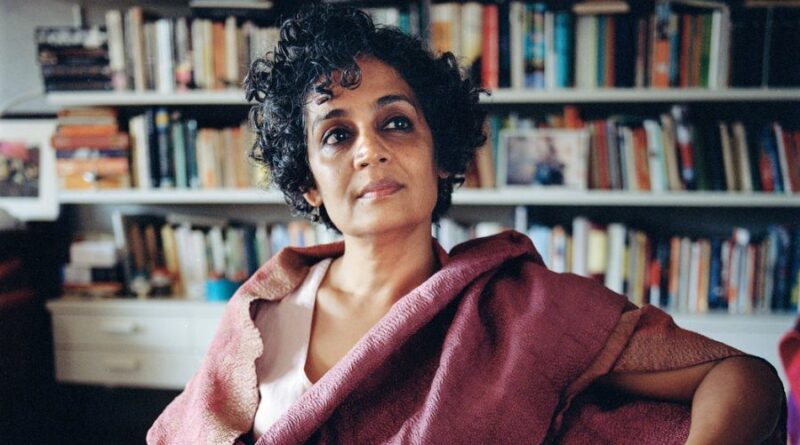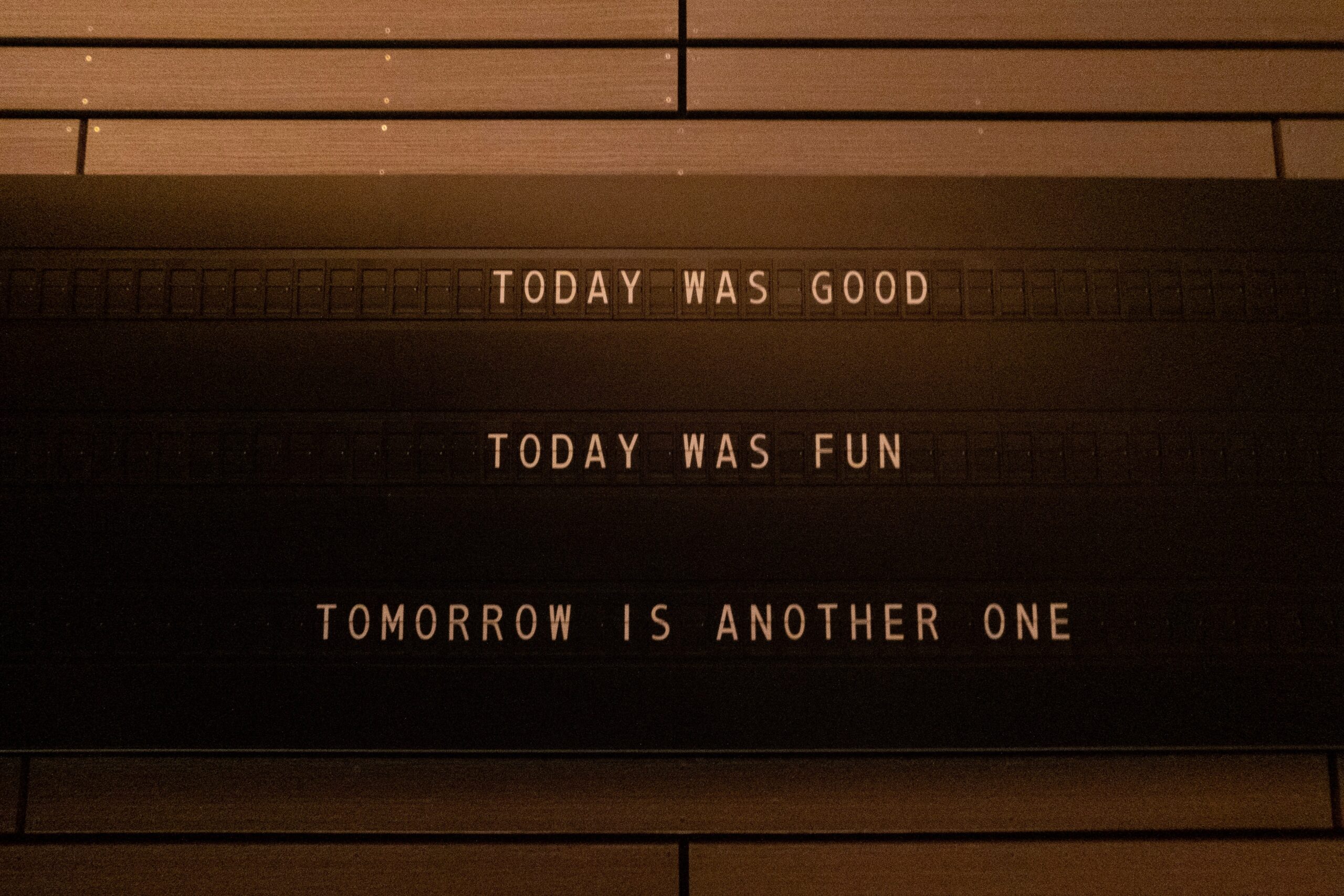Amazing Quotes Of Arundhati Roy
Arundhati Roy is one of the few writers of India that are very vocal on societal issues. Trained as an Architect, started her career in acting, screenplay and aerobics training; she directed her anger in her writings. Her anger towards the incidents in the society, towards Government, she no longer remain just a Writer. She became, what journalists called , a Political Analyst. Her writing speaks what she believes. She is vocal about rapes, corruption, Nationalist environment of the India, Kashmir issues, Palestine Issue etc. Her writing consist of humility, pain, hollowness and problems which a common man faces on the daily basis. Her writing are beautifully woven where every character is handle with humility and care.
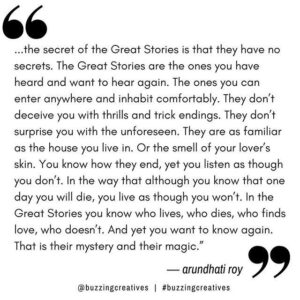
And writers know exactly how to delineate such mysteries.
BACKGROUND
Arundhati Roy was born on Nov 24th, 1961, in Shillong, Meghalaya, India. She is half Malayi Syrian (mom) and half Bengali Hindu (dad). She studied architecture from School of Planning and Architecture, Delhi. But life had already setup her stage in a whole different world far from architecture.
Somehow, she gets connected linked with the television industries in Delhi and from here, her career as an actor began. As a result, she acted in two serials only and moved towards screenplays.
Her debut screenplay IN WHICH ANNIE GIVES IT THOSE ONES (1988), a movie based on the life of a student pursuing architecture; Arundhati Roy won the National Film Award for the Best Screenplay.
And exactly after 10yrs down-the-line in 1998, she won the Man Booker Prize for fiction for her debut novel THE GOD OF SMALL THINGS (1997). Her novel was also listed as NEW YORK NOTABLE BOOKS OF THE YEAR. And from here, she entered into the world of words and stories and opinions.
With her first book only, she excelled her writing career and made a permanent place in the world of great writers.

And she truly accepted her journey and began to march forward.
WORKS
Arundhati Roy many novels. She mostly wrote political novels with a centric issue. Some of her works are-
- The God of Small Things 1997
- The Ministry of Utmost Happiness, 2017
- The Algebra of Infinite Justice. , 2002
- Public Power in the Age of Empire., 2004
- Walking with the Comrades., 2011
- My Seditious Heart: Collected Non-fiction, 2019
- Azadi: Freedom, Fascism, Fiction, 2020
Some of her political quotes are:
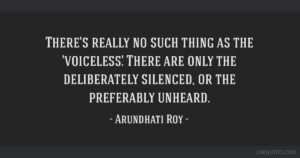
“Caste is about dividing people up in ways that preclude every form of solidarity, because even in the lowest castes, there are divisions and sub-castes, and everyone’s co-opted into the business of this hierarchical, silo-ised society.”
“Pity the nation that has to silence its writers for speaking their minds.”
“Today, we seem to be striving towards injustice, applauding it as though it’s a worthy dream, made sacred by the caste system.”
“If you ask me what is at the core of what I write, it isn’t about ‘rights’, it’s about justice. Justice is a grand, beautiful, revolutionary idea.”
“Some writers like to boil down headlines of liberal newspapers into fiction, so they say there shouldn’t be communal riots, everybody should love each other, there shouldn’t be boundaries or fundamentalism. But I think literature is more than that; these are political views which most of us hold anyway.”
MYSTERY KNOWN AS LOVE
Every word of her is like a puzzle card which is reflecting its own image, but as a whole portraying an essence and mystery with multiple layers like–
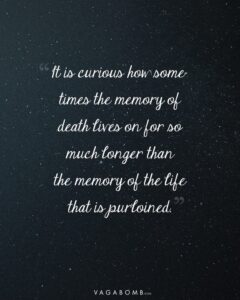
“She wore flowers in her hair and carried magic secrets in her eyes. She spoke to no one. She spent hours on the riverbank. She smoked cigarettes and had midnight swims...”
“The way her body existed only where he touched her. The rest of her was smoke.”
“He folded his fear into a perfect rose. He held it out in the palm of his hand. She took it from him and put it in her hair.”
“If he touched her, he couldn’t talk to her, if he loved her, he couldn’t leave, if he spoke, he couldn’t listen, if he fought, he couldn’t win.”
AS A WRITER
Arundhati Roy lives through her characters and is quite vocal about the issues which India is facing recently. As a writer, she considers it as her duty to speak her mind. She pens down-
“Writers imagine that they cull stories from the world. I’m beginning to believe that vanity makes them think so. That it’s actually the other way around. Stories cull writers from the world. Stories reveal themselves to us. The public narrative, the private narrative – they colonize us. They commission us. They insist on being told. Fiction and nonfiction are only different techniques of storytelling. For reasons that I don’t fully understand, fiction dances out of me, and nonfiction is wrenched out by the aching, broken world I wake up to every morning.”
Also Read: 30 Books Everyone Should Read At Least Once In Their Lives

